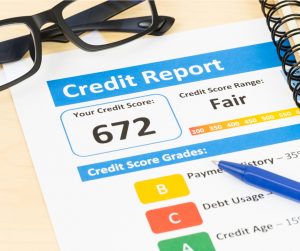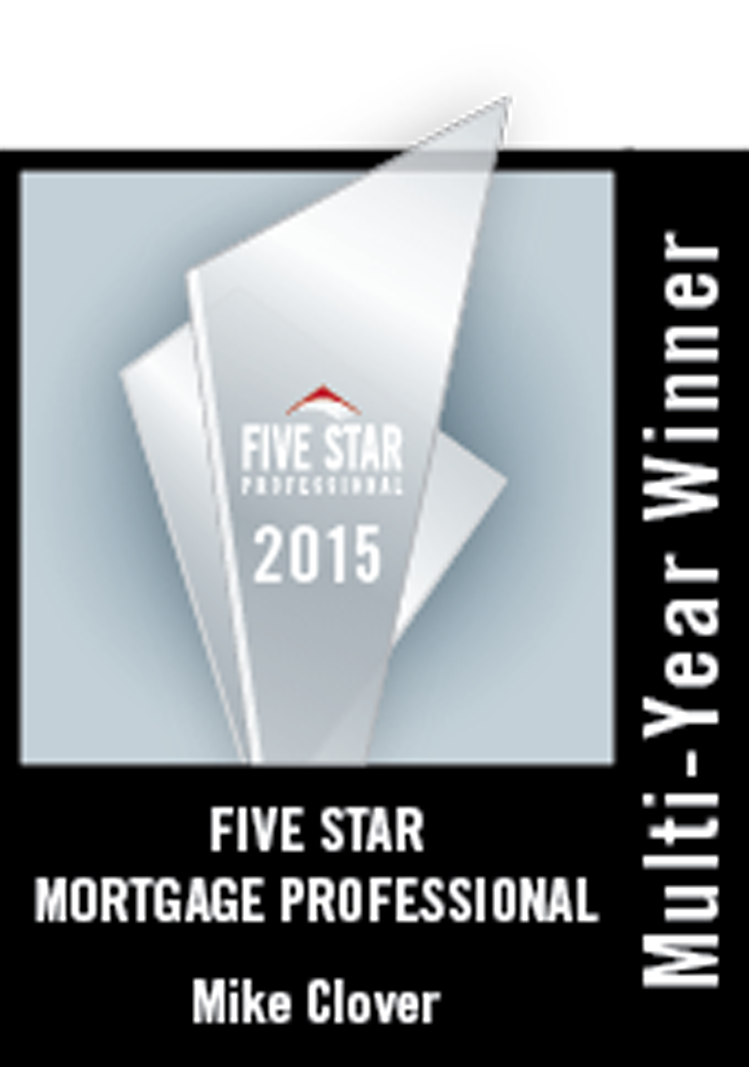When you apply for a mortgage loan to buy a home, the better your credit score, the better interest rate you’ll get. So even if your score is good, it pays to make it better.
If your credit is in poor shape, don’t be lured in to paying a credit repair company. You can do everything that needs to be done. And, contrary to what companies might promise, it cannot be done instantly.
How long will it take to raise my score?
How long it will take to raise your credit scores depends entirely upon what is pulling them down. But first, what scores are you aiming for. Here is how most lenders rate scores:
- Perfect: 850 (which hardly anyone ever attains)
- Excellent: 760-849
- Good: 700-759
- Fair: 650 to 699
- Low: 649 or less
Different lenders have different guidelines, but generally, a score of 660 or more is required to obtain a mortgage loan.
The fastest way to raise your score: Correct errors on your credit report
Experts say that as many as 70% of all credit reports contain some kind of errors. Some are harmless, while others could be dragging you down. Remember that the reports are generated from data entered by humans – and humans do make data entry errors.
Thus, your credit report could be showing an account that’s not even yours. It takes a month or two to correct that type of identity error.
Next, there could be errors with accounts you do own. For instance, a loan that was paid off could still be showing as open. It take up to 90 days to correct those errors – and even longer if your creditor is uncooperative.
Your first step: Get a copy of your credit report from each of the 3 credit reporting bureaus: TransUnion, Equifax, and Experian.
Why all three? Because they don’t always contain the same information. An error on one report may not show up on another. You need to obtain and carefully read all three.
When you find an error, you’ll need to provide documentation to prove it is an error. For instance, if someone is showing a late payment, you’ll need to bring in a bank statement or a receipt showing that it was paid on time. Today, with electronic payments, you might have an email showing the amount and date of your payments. (A good reason not to delete those emails!)
Once you’ve reported an error, credit bureaus have 30 days in which to investigate. They may ask for additional documentation or ask you to communicate with the creditor. Pay attention to all communications from the credit bureau and the lender!
Your credit scores may be low because you don’t have credit history.
I’ve known people who were both shocked and angry to learn that they had poor credit after a lifetime of paying cash. They’d been responsible citizens, never going in debt, and this was the thanks they got!
It’s true. Unless you’ve used credit and shown your ability to make regular, on-time payments, your scores will remain low.
In this case, you’ll need to open a credit account, use it, and make payments on time. Don’t over-spend and don’t go beyond 30% of your credit limit on any one card. Look for a credit card with no annual fee and the lowest interest rate possible. If you look online, you’ll find a dizzying number of choices, so don’t take the first one you see.
If you aren’t approved for a card because your credit scores are low, it is possible to get a secured credit card. Use it for gasoline or groceries and pay it off each month to avoid high interest charges.
Delinquent accounts must be addressed.
If you have delinquent accounts or accounts in collection, bringing them current will boost your scores quickly.
Your history of making late payments will remain on your credit report for 7 years, but no longer being in arrears or collections will help.
Do note: If you have bad accounts that have been on your report for six years or more, you might want to leave them alone and simply wait them out. These will automatically fall off your report after 7 years. If you attempt to bring them up to date by making one or more payments, then fall behind again, the 7 years will start all over again.
So think carefully before touching those accounts. You might be best off to concentrate on keeping more recent accounts current.
Use less of your available credit!
Just as you shouldn’t spend every dollar you own, you shouldn’t use all the credit you have. 30% of your credit score is based on how much you owe relative to how much credit you have, and that magic number is also 30%.
If you have $10,000 in credit available, strive to use no more than $3,000.
The best way to reduce this ratio is to stop charging and apply more to paying down your balances. However, that can be tough if your balances have crept up over time.
The second best way to change your ratio is to ask your current credit card issuer for a credit line increase – and don’t use it once you get it! Before you ask, be sure to ask if they do a “soft credit pull” before increasing your limit. A “hard credit pull” will automatically lower your credit scores.
Credit card companies report to the credit bureaus once per month. If you’re using your card for daily expenses, then paying down by that amount after the bill comes in, consider making some smaller payments earlier in this month. If you use your card to do a big grocery shop or to fill up your gas-guzzling SUV, then go home and make a payment for that amount on your credit card. This will keep the reported balance at the end of the month down.
Note: A poor way to change your usage percentage immediately is to apply for a new card. Every application lowers your credit scores, and the effect will last for months. If you’re thinking ahead a year, it might be a good tactic.
Thinking ahead to the future…
A good credit score will help you with everything from buying a home, to buying a car, to obtaining a new cell phone. Your credit scores can even affect your ability to qualify for certain employment.
Take steps now to protect your credit. If it’s good – see if you can make it better. If it’s poor, get started on making it good.
Correcting errors, bringing your debts current, and keeping your credit use low will help right now. For the future:
- Make sure you pay all accounts on time
- Limit your use of credit
- If you tend to forget to pay on time, set up automatic payments.
- Check your credit report regularly, so you can catch and correct errors.
If you’re ready to see what interest rate you qualify for now, or if you simply have questions, we at Homewood Mortgage, the Mike Clover Group, will be glad to help.
Call us today at 800-223-7409



















